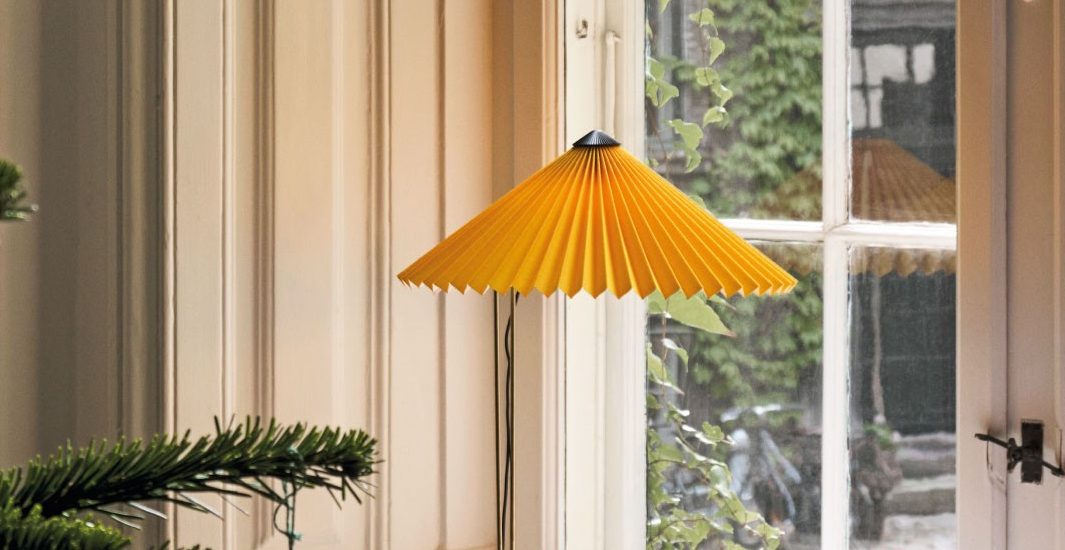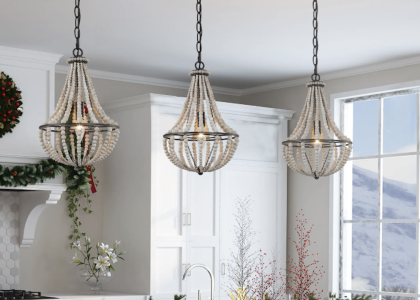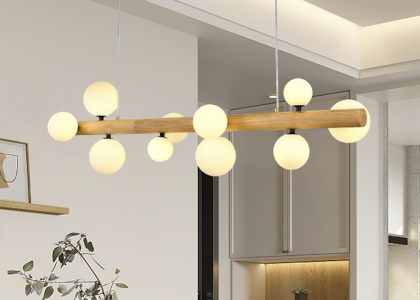Concrete and resin are two of the most popular materials used in construction and design today. Both materials offer unique characteristics and benefits, but also have their drawbacks. In this article, we will explore the differences between concrete and resin, and compare their durability and design capabilities.
What is Concrete?
Concrete is a mixture of cement, water, and aggregates such as sand or gravel. It is one of the oldest and most widely used building materials in the world. Concrete has a reputation for being strong, durable, and long-lasting. It is also versatile, as it can be molded into various shapes and sizes, and can be used for everything from buildings, bridges, and roads to decorative sculptures and furniture.
Pros of Concrete
- Strength and durability
- Low maintenance
- Resistant to fire, water, and pests
- Can be molded into various shapes and sizes
- Cost-effective
Cons of Concrete
- Heavy and hard to work with
- Prone to cracking and staining
- Takes time to set and cure
- Not easy to repair or modify once set
- Can have a cold and industrial aesthetic
What is Resin?
Resin is a synthetic material that is made from a combination of chemicals. It is often used in construction and design because of its ability to mimic the look and feel of natural materials like stone, wood, and metal. Resin is also known for its durability and versatility, as it can be colored, textured, and molded into various shapes and sizes.
Pros of Resin
- Lightweight and easy to work with
- Durable and long-lasting
- Resistant to UV rays, moisture, and chemicals
- Can be molded into various shapes and sizes
- Available in a wide range of colors and textures
Cons of Resin
- Prone to scratching and chipping
- Can be expensive depending on quality and quantity
- May discolor over time
- May not look as natural as real materials
- May require more maintenance than concrete
Concrete vs Resin: Which is better?
The answer to this question really depends on the specific project and its requirements. If strength, durability, and longevity are the main priorities, then concrete is the better choice. It can withstand heavy loads, extreme weather conditions, and long-term use without deteriorating. However, if design, versatility, and ease of use are more important, then resin is the better choice. It can be molded into any shape, size, or color, and can mimic the look of natural materials without the weight or expense.
Concrete and Resin: A Winning Combination?
Another option that has gained popularity in recent years is combining concrete and resin. This allows for the strength, durability, and low maintenance of concrete, along with the versatility and design capabilities of resin. For example, a concrete countertop can be coated with a layer of resin to provide a smooth, glossy finish that is resistant to scratches, stains, and heat. This combination of materials offers the best of both worlds and can result in truly unique and beautiful creations.
In summary, both concrete and resin offer their own advantages and limitations. Concrete is known for its strength and durability, while resin is known for its versatility and design capabilities. The decision on which to use ultimately depends on the specific project requirements, budget, and personal preferences. However, combining both materials can provide the best of both worlds and create truly stunning pieces of art and architecture.






